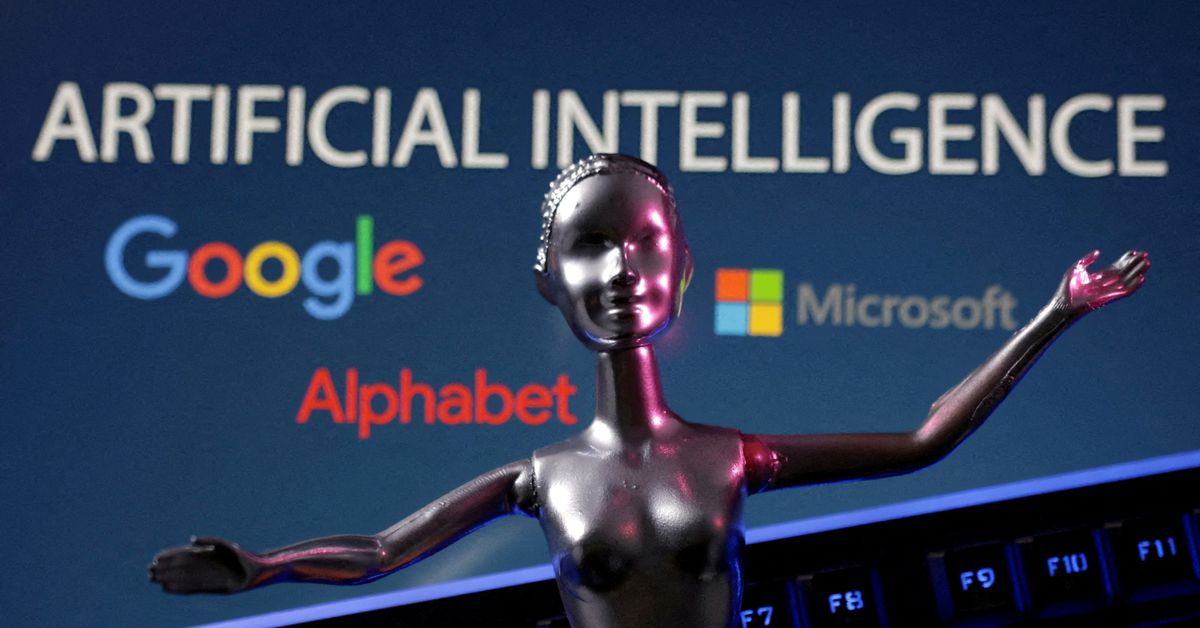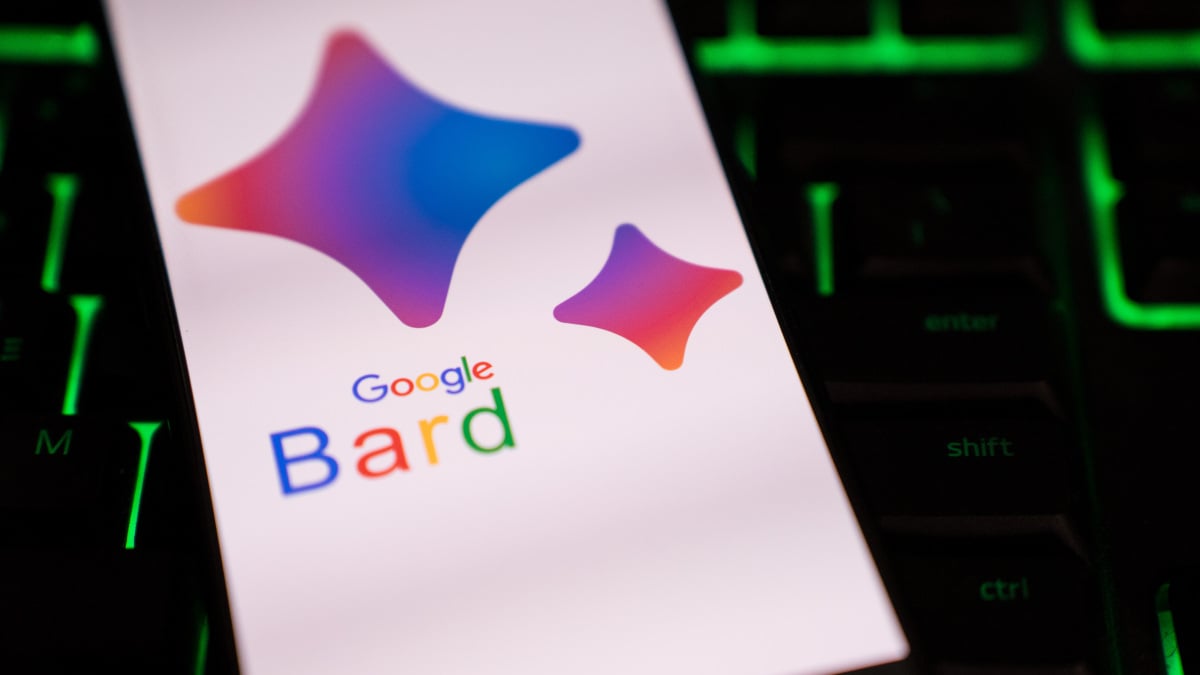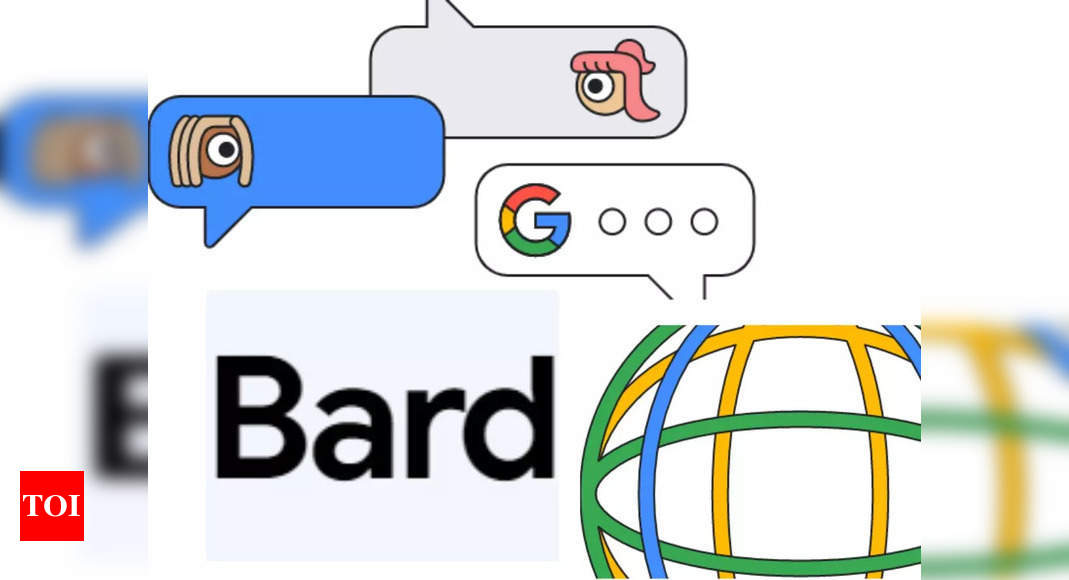Google warns employees about chatbots
Google, known to be one of the biggest proponents of artificial intelligence (AI), has warned its own employees about using AI chatbots, including its own homegrown chatbot known as Bard. Despite heavily marketing AI technology, Google is concerned about the risk of confidential data being submitted to the chatbots, which could cause privacy issues and leaks of sensitive information. This caution reflects a growing standard for corporations to warn employees about using publicly-available chat programs.
What is the issue?

The concerns arise from the idea of AI chatbots reproducing data absorbed during training, allowing AI companies to store and review the chats between users and undertake tasks such as drafting emails, documents, and even software itself. It’s becoming increasingly clear that AI chatbots can be powerful tools but can also cause a requirement to address privacy and data security.
Why is Google worried?

Google’s parent company, Alphabet, has advised its employees not to enter confidential materials into its “Bard and ChatGPT” chatbots. Bard is one of the key players in the race against competitors’ OpenAI and Microsoft. Forbes estimates that the prize is billions of dollars in new artificial intelligence programs and associated cloud revenue, yet Google risks losing business due to the release of software in direct competition with ChatGPT. Google’s caution is not just limited to AI chatbots, but also includes direct coding generated by chatbots.
What are other businesses doing?

A growing number of businesses worldwide have set up measures, including guardrails on AI chatbots to protect their secrets. Reuters reports that Amazon has similarly warned employees not to leak sensitive information to OpenAI’s ChatGPT. Samsung employees made the news earlier this year for reportedly leaking sensitive company information to a chatbot as well, while Apple restricted the use of ChatGPT and other AI-based tools out of fear that workers would leak confidential data. Other companies that are managing these potential risks include Deutsche Bank and Cloudflare.
What are chatbots, and why are they so popular?

Chatbots, often utilising “generative artificial intelligence,” are human-sounding programs designed to hold conversations with users and answer a broad range of questions. They are immensely popular because they speed up task completion, help to reduce operating costs, and provide businesses with the ability to enhance service availability through automation.
What does Google say about this?
Google has been transparent about the limitations of its technology and has advised the Irish Data Protection Commission to address regulators’ concerns regarding the impact of the chatbot privacy policy. The company assured users that Bard is designed to offer code suggestions, but it can suggest undesired code. When using Bard, Google has asked its employees and users not to include confidential and sensitive information in their conversations.
How are other businesses managing the risks associated with chatbots?
Businesses are developing software to address concerns about privacy and data security with AI technology. Cloudflare, for example, has developed a program that businesses can use to tag and restrict data flowing externally. Google and Microsoft have also offered conversational tools to business customers that refrain from absorbing into public AI models. However, research shows that AI models frequently train on data submitted to them, leading to data sharing between different users.
Is this particular to Google?
No. It’s increasingly being recognised as standard practice for large corporations that use publicly-available chat programs to warn personnel about their use due to the risk of leaked sensitive data. Professionals worldwide, without always telling their bosses, have been using AI tools such as ChatGPT without realising the risk to the business.
Why is this a potential problem?
Although AI chatbots offer increased productivity, efficiency, and reduced business costs, they generate a data privacy risk due to their ability to store massive amounts of data and reproduce public and private conversations that can end up in the wrong hands. This can lead to a range of issues, such as the misuse of confidential information, copyright issues and even sensitive data leakage.
What is the future of AI chatbots?
Artificial Intelligence chatbots are likely to become increasingly important in the business world. They may streamline workflows, offering customer support, and enable businesses to gain additional autonomy using automation. However, this growth is likely to come with the need for robust measures to safeguard privacy and data security.
What should businesses do to address chatbot-related risks?
Businesses should ensure they have control over these AI chatbots. This typically relies on making sure messaging platforms remain secure and that users are informed about the risks of sharing data on these platforms. Employees should undergo training regarding chatbot usage and data privacy. Lastly, accessing third-party messaging apps or allowing staff to use their private messaging apps at work should be disallowed.
What’s the takeaway?
Google’s caution regarding its own chatbot technology highlights just how important it is to have robust measures in place when using these tools. Businesses relying on this technology must educate their staff on proper AI chatbot use while continuing to monitor the new generation of AI chatbots’ Data Protection and Privacy policies.
It is essential to remember that AI chatbots have the potential to support business operations significantly, but companies must navigate the AI’s risks, particularly in the area of data privacy. To reduce these data privacy risks, businesses should keep their employees onboard with proper usage education, restrict access to third-party messaging apps, and educate employees on data privacy. Although AI chatbots have the potential to streamline businesses’ operations, companies must navigate the AI’s risks, particularly when it comes to data privacy.
Conclusion
AI chatbots are a significant part of businesses’ digital transformation, and the risks associated with using them shouldn’t be underestimated. Companies need to take the risk management strategies that are already available seriously. Furthermore, businesses should consider integrating AI insurance against data privacy breaches and other associated damage.
FAQ
1. Who uses AI chatbots?
AI chatbots are used by businesses worldwide to streamline communications, offer customer support, and allow businesses to operate with more autonomy utilizing automation.
2. What is the potential problem using AI chatbots?
There is a significant risk of data privacy breaches associated with AI chatbots. If these tools are handled improperly, they have the potential to cause a range of issues, including copyright infringement, leakage of sensitive data, and the misuse of confidential information.
3. What are the risks associated with AI chatbots?
The most significant risks associated with AI chatbots are data privacy breaches, cyberattacks, and the misuse of user data.
4. How can businesses address the risks associated with AI chatbots?
Businesses should implement proper cybersecurity measures and policies, educate their employees on AI chatbots and data privacy, and consider integrating AI insurance against data privacy breaches and other associated damage.
5. How popular are AI chatbots?
As of January, some 43% of business professionals were using chatbots or other AI tools, often without telling their bosses, according to a survey by networking site Fishbowl.
